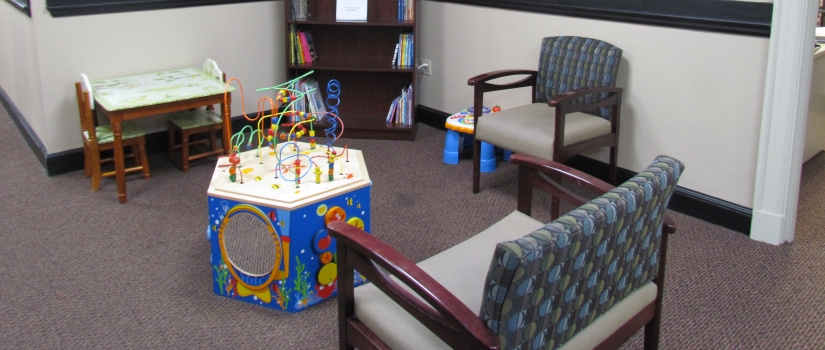Communication
- Oral, written, auditory and non-verbal communication at a sufficient level that meets
academic and clinical competency requirements.
Example: Student must be able to model speech and language appropriately. - Ability to communicate and interact effectively with others (faculty, students, clients, patients, individuals with diverse backgrounds) in different modes (face to face, phone, electronic, etc.)
Motor
- Physical activity engagement at levels required to carry out responsibilities of clinical requirements
- Responsiveness to patients/clients in ways that can ensure their safety
Sensory
- Access information that is sensory in nature in order to differentiate functional
from disordered in auditory, oral, written and visual information that is communicated.
Example: Access to hearing may require an individual to be aided in order to meet clinical responsibilities.
Intellectual/Cognitive
- Critical thinking, comprehension of complex information, decision making, strategic reasoning, and information retention are skills competencies required in clinical practice for speech-language pathologists and audiologists.
Interpersonal
- Interact ethically, safely and respectfully with individuals across a diverse community.
- Must follow and comply with patient privacy, policies concerning information management, patient privacy, professional codes of conduct and ethical practice.
- Responsible for level of self-care of mental and physical health to make sure participation
in clinical and instructional activities can be approached respectfully and safely.
Example: Access or referral to mental health services may be required by an individual in order to meet clinical responsibilities.
Cultural Responsiveness
- Speech-language pathologists and audiologists must be culturally responsive in evidenced-based decision making in clinical practice.
- Speech-language pathologists and audiologists must consider cultural, linguistic and social variables clinical practice and participate continuous learning on how health and educational disparities can be impacted by cultural and linguistic differences.
Students with Disabilities
If you have a disability, it is your responsibility to register with the Student Disability Resource Center (SDRC) prior to requesting accommodations. The SDRC will assist in determining the level or type of support that is needed for you to fulfill the core functions of your graduate program. For more information about the SDRC, or to find out if you qualify, please contact them at:
Phone: 803-777-6142
Email: sadrc@mailbox.sc.edu
Website: https://sc.edu/about/offices_and_divisions/student_disability_resource_center/
Council of Academic Programs in Communication Sciences and Disorders (2023). A guide for future practitioners in audiology and speech-language pathology: Core functions. www.capcsd.org.
